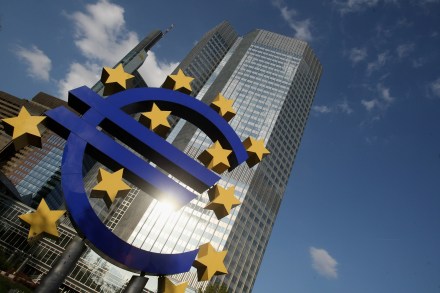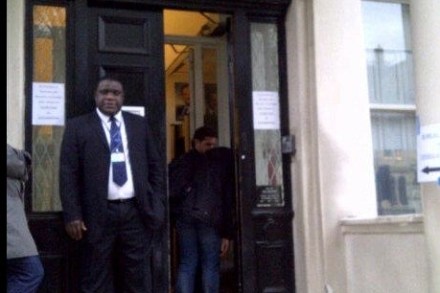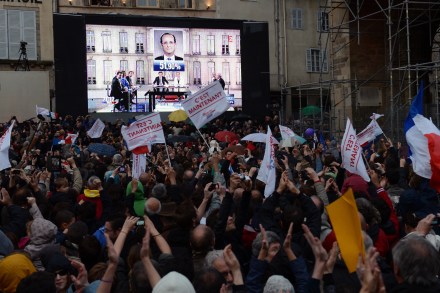Richard Millet and the nihilism of multiculturalism
It’s the last day of banned book week but perhaps we should spare a thought for banned editors. An editor at Éditions Gallimard, who worked on Jonathan Littell’s The Kindly Ones, recently published three essays (with another house). The first, an account of his amorous adventures in Amsterdam, and the second, ‘Ghostly Language’, are, according to the author, to be kept in mind when tackling the final essay ‘Antiracism as the Literary Terror’ and the appendage, his pièce de resistance, ‘The Literary Eulogy of Anders Breivik’. That, in sum, is why Richard Millet is – for all the wrong reasons – one of the most famous essayists in France right

















